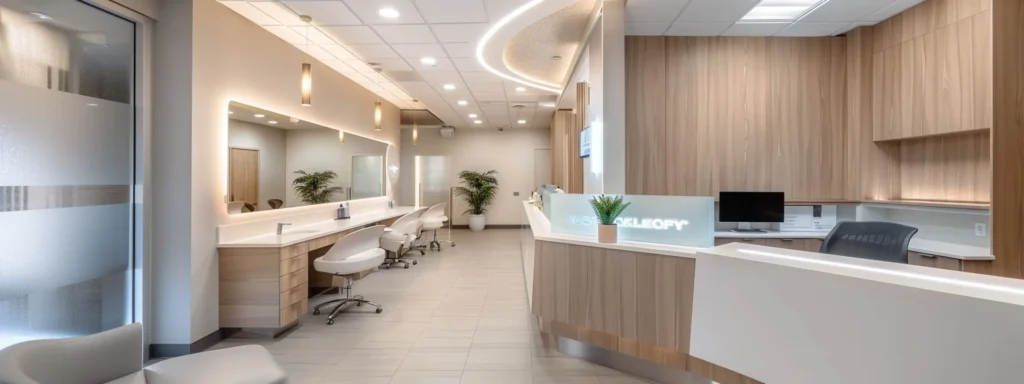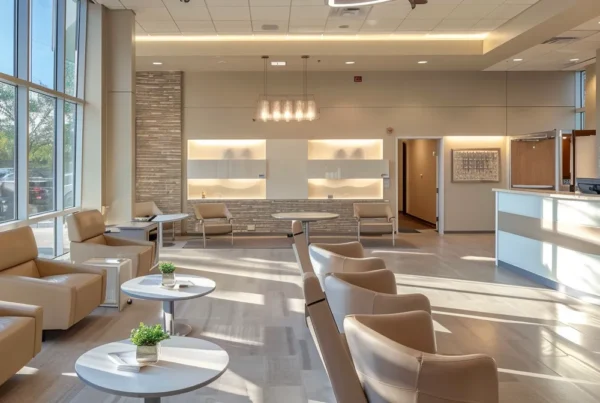Preventing dental emergencies starts with a strong foundation in three key areas: routine dental check-ups, daily oral hygiene, and smart nutritional choices. These preventive efforts not only improve overall oral health but also reduce the likelihood of urgent and costly interventions.
Regular dental visits are critical for early diagnosis and prevention. For example, detecting a small cavity before it spreads to the nerve can prevent an infection or abscess that would require emergency treatment. Routine cleanings also reduce plaque and tartar buildup, contributing to long-term stability of the teeth and gums.
Home Hygiene Habits That Matter
Daily oral hygiene routines are essential in maintaining dental health and preventing emergencies. Skipping even a few days can lead to bacterial buildup and gingivitis, which, if unchecked, may develop into serious infections.
Brushing twice daily with fluoride toothpaste, flossing to remove debris between teeth, and using mouthwash to reduce bacteria are proven to prevent gum disease and tooth decay. These practices form the cornerstone of everyday protection, giving individuals greater control over their oral health.
The Impact of Dietary Choices on Oral Health
What we eat plays a major role in the strength and integrity of our teeth. Reducing harmful foods and increasing tooth-supportive nutrients helps minimize the risks of decay and enamel erosion.
- Sugar Reduction: Avoiding sugary snacks and beverages decreases acid production from bacteria that leads to cavities.
- Acid Moderation: Cutting back on sodas and citrus fruits prevents enamel erosion that increases sensitivity and decay.
- Tooth-Friendly Foods: Incorporating calcium-rich foods like dairy and leafy greens supports bone and enamel health.
Smart dietary decisions enhance the effectiveness of oral hygiene and significantly reduce the risk of needing emergency dental care.
Essential Tools for Dental Emergency Preparedness
Being prepared can make a major difference during an unexpected dental incident. Creating a dental emergency kit and knowing how to use it provides confidence and immediate relief until professional care is available.
A complete kit should include temporary dental cement, over-the-counter pain relievers, dental floss, and a small container to store a knocked-out tooth. These tools can stabilize a condition and protect the injured area, preventing further complications while waiting for dental attention.
Knowing When to Seek Immediate Dental Help
Recognizing the severity of symptoms is crucial in determining whether a situation requires urgent care. Some dental issues can wait a day or two; others need immediate intervention.
If there is intense, persistent pain, visible swelling, uncontrolled bleeding, or a tooth that has been completely knocked out, a prompt visit to the dentist or emergency care provider is necessary. These signs often indicate infections or structural damage that could worsen without timely treatment.

Professional Cleanings and Tailored Advice
Professional cleanings remove plaque and tartar that daily brushing often misses. These services prevent decay, help manage gum disease, and allow dental professionals to monitor oral health.
Dentists also offer individualized advice on brushing techniques, flossing tools, and product selection. This guidance helps prevent damage and encourages more effective personal care routines that support long-term dental health.
Building Long-Term Dental Resilience
Preventive dental care isn’t just about reacting to symptoms, it’s about cultivating resilience in your oral health. Through a combination of proactive treatment, informed nutrition, and personalized care, patients can stay ahead of potential issues.
At Grand Prairie Family Dental, our commitment to preventive strategies ensures patients are empowered with the knowledge, tools, and care they need to avoid emergencies and maintain strong, healthy smiles.
The Power of Prevention in Dental Health
Preventive care is the most effective strategy for avoiding dental emergencies. From routine exams and personalized hygiene guidance to smart eating habits and preparedness tools, every small effort adds up to big protection.
When patients stay engaged in their dental health, they not only reduce the chance of emergencies but also enjoy better long-term outcomes. Prevention isn’t just practical, it’s empowering, cost-effective, and essential for protecting your smile for life.
Book an appointment with Grand Prairie, TX’s top dentist, Dr. Khademazad, today. It’s the first step to a better smile and increased self-esteem. Call us at 972-988-0900.
Schedule Your Consultation Today!
Grand Prairie Family Dental
2475 W Pioneer Pkwy Grand Prairie, Texas, 75051
Google Reviews: See More Reviews From Grand Prairie Family Dental
View information about local places in our community.
Driving Directions to Our Practice
Frequently Asked Questions
How often should I visit the dentist to prevent emergencies?
Consistent dental visits are one of the most effective ways to avoid painful or costly dental surprises. These routine check-ups allow your dentist to monitor your oral health, catch small issues before they escalate, and provide preventive care that keeps emergencies at bay.
Most patients benefit from seeing the dentist every six months. These regular visits help identify problems early, like cavities, gum inflammation, or worn dental work, so they can be addressed before turning into urgent or serious dental concerns.
What should my daily oral hygiene routine include to avoid dental crises?
A strong daily routine is your best defense against dental emergencies. When you commit to taking care of your teeth at home, you reduce the chances of developing decay, gum disease, or infections that can spiral into urgent issues.
Brush your teeth twice a day with fluoride toothpaste, floss at least once daily to remove debris and plaque between teeth, and rinse with an antibacterial mouthwash to help control bacteria. This combination supports healthier gums and stronger enamel, two key ingredients in avoiding emergencies.
Can my diet really affect the chance of a dental emergency?
Your eating habits directly influence the strength and resilience of your teeth. While brushing and flossing are essential, what you eat daily also plays a big role in your oral health and risk for emergencies.
Yes, your diet matters. A balanced diet that’s low in sugar and acidity can help protect your teeth from decay and erosion. Foods rich in calcium and vitamins support strong enamel and healthy gums, reducing the likelihood of sudden dental problems like abscesses or cracked teeth.
Related Articles
Emergency Tooth Extraction, Dental Emergencies, Tips for Emergency Dental Care, Dental Emergency Symptoms, Emergency Dental Procedures, Emergency Dental Insurance, Dental Trauma and Injuries, Lost a Filling or Crown






